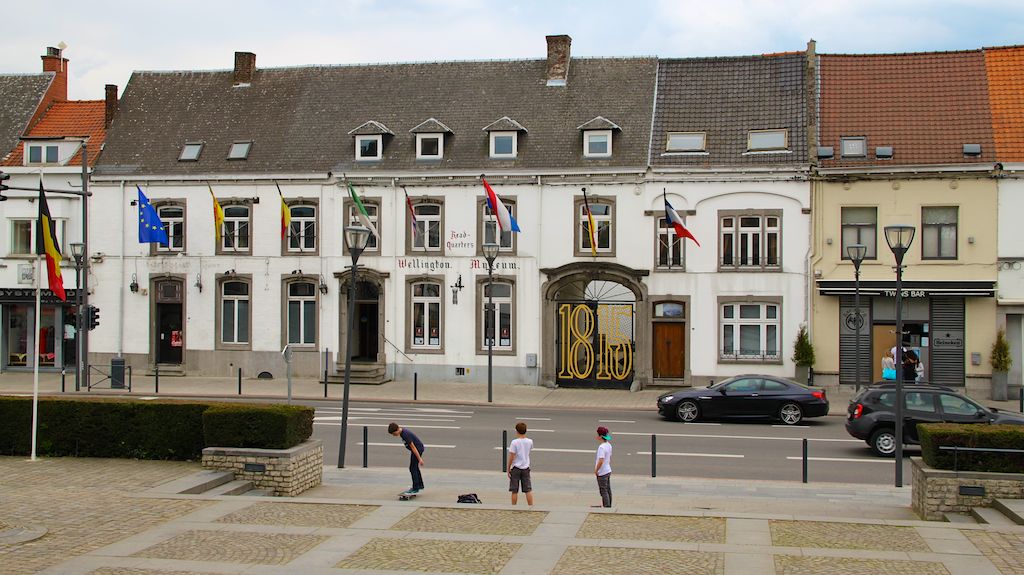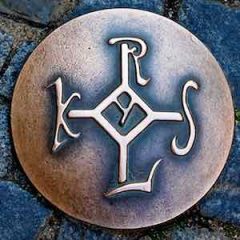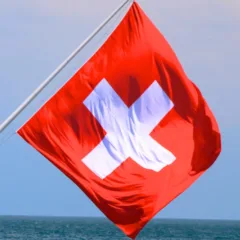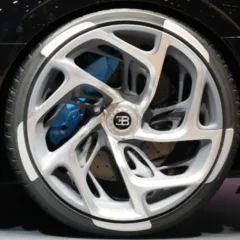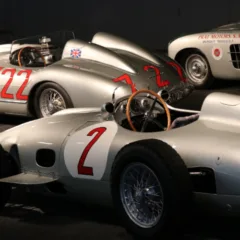The Musée Wellington is in the inn where the Duke of Wellington had his headquarters and famously wrote his report on the Battle of Waterloo (1815).
The Wellington Museum in Waterloo is in the former stagecoach inn where the Duke of Wellington had his headquarters during the Battle of Waterloo. The museum has many items and a wealth of information on display related to the Battle of Waterloo (June 18, 1815) that took place a few kilometers to the south of here. The focus is on the battle itself but visitors are also informed on the run up to the battle and the consequences for Europe and some of the individuals who fought in the war.
The Musée Wellington in Waterloo
 The Musée Wellington is in the inn where the Duke of Wellington established his head quarters and slept the night before and on the day of the Battle of Waterloo (June 18, 1815). Wellington famously wrote his report on the battle here – the original table is still on display – and as a consequence, the battle is known as Waterloo, rather than St Jean.
The Musée Wellington is in the inn where the Duke of Wellington established his head quarters and slept the night before and on the day of the Battle of Waterloo (June 18, 1815). Wellington famously wrote his report on the battle here – the original table is still on display – and as a consequence, the battle is known as Waterloo, rather than St Jean.
Visitors see displays in 14 rooms – mostly arrange chronologically with information on the battle, as well as the Napoleonic wars in general and the peace that followed.
The museum uses a fairly old-fashioned approach – loads of information and many displays and graphics. It will take hours to study all the details but most visitors will probably be content to follow the main outlines in the around 40 minute audio guide.
The museum has a large collection of weapons, uniforms, maps, drawings, paintings, letters, and other items related to the military in the early-19 th century. Especially noteworthy items include:
- The desk Wellington used for writing his report on the battle.
- The wooden leg of Lord Uxbridge. He famously lost his right leg after being wounded in the Battle of Waterloo. His real leg was buried in the garden of the inn and his wooden leg is on display in the museum
- The canteen trunk of General Baron de Constant Rebecque, Chief of Staff in the Dutch army – there was no reason to let standards slip just because you are in the field. (Napoleon enjoyed eating well but as can be seen in his last headquarters, preferred a simple camp bed when on campaign.)
- The bedroom of Wellington, although the bed is probably not the one he slept in.
- La Sufficiante – an 1813 French cannon that was abandoned on the battlefield.
An audio guide (included in general admission) takes visitors through the main events and exhibits in around 40 minutes. Listening to further details can add considerable time to a visit.
Opening Hours & Tickets for the Wellington Museum
 The Musée Wellington is open daily from 9:30 to 18:00 (April to September) and from 10:00 to 17:00 (October to March). The museum is only closed on 1 January and 25 December.
The Musée Wellington is open daily from 9:30 to 18:00 (April to September) and from 10:00 to 17:00 (October to March). The museum is only closed on 1 January and 25 December.
Admission tickets to the Musée Wellington is €6.50 (€4 for children 7-17, €5.50 for students) and include the very good audio guide. Admission to the museum is also included in the Pass 1815 with tickets to the battlefield sites (Hameau du Lion) and the Last Headquarters of Napoleon. See Visiting the Battle of Waterloo Sites for details
Transportation to the Wellington Museum
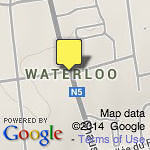 The Musée Wellington, Chaussée de Bruxelles 147, B 1410 Waterloo, is in the main road through Waterloo as is usual for a former stagecoach inn. It is across the road from the St Joseph Church with memorials for many of the fallen. Bus W and 365 from Brussels (and en route to the Battlefield of Waterloo) stop directly in front of the museum at stop Waterloo-Eglise. Waterloo train station is a kilometer away along Rue de Station.
The Musée Wellington, Chaussée de Bruxelles 147, B 1410 Waterloo, is in the main road through Waterloo as is usual for a former stagecoach inn. It is across the road from the St Joseph Church with memorials for many of the fallen. Bus W and 365 from Brussels (and en route to the Battlefield of Waterloo) stop directly in front of the museum at stop Waterloo-Eglise. Waterloo train station is a kilometer away along Rue de Station.
Parking is available in side streets or following the signs to parking lots.
See Transportation to the Battle of Waterloo Sites for more complete details.
More Detailed Descriptions on Battle of Waterloo Sites:
- Overview of the Battle of Waterloo Sites
- Visit the Battlefield (Champ de Bataille) of Waterloo (Lion’s Mound & Hamlet)
- Visit Napoleon’s Last Headquarters at Waterloo
- Visit the Wellington Museum in Waterloo (This page!)
- The St Joseph’s Church in Waterloo
- Transportation to Waterloo
